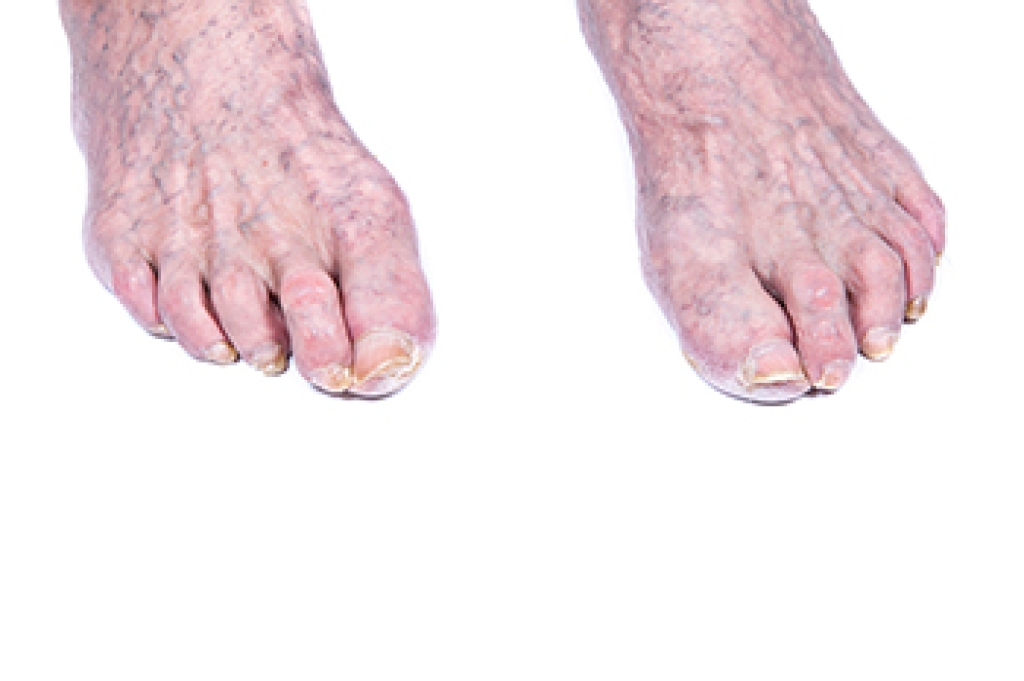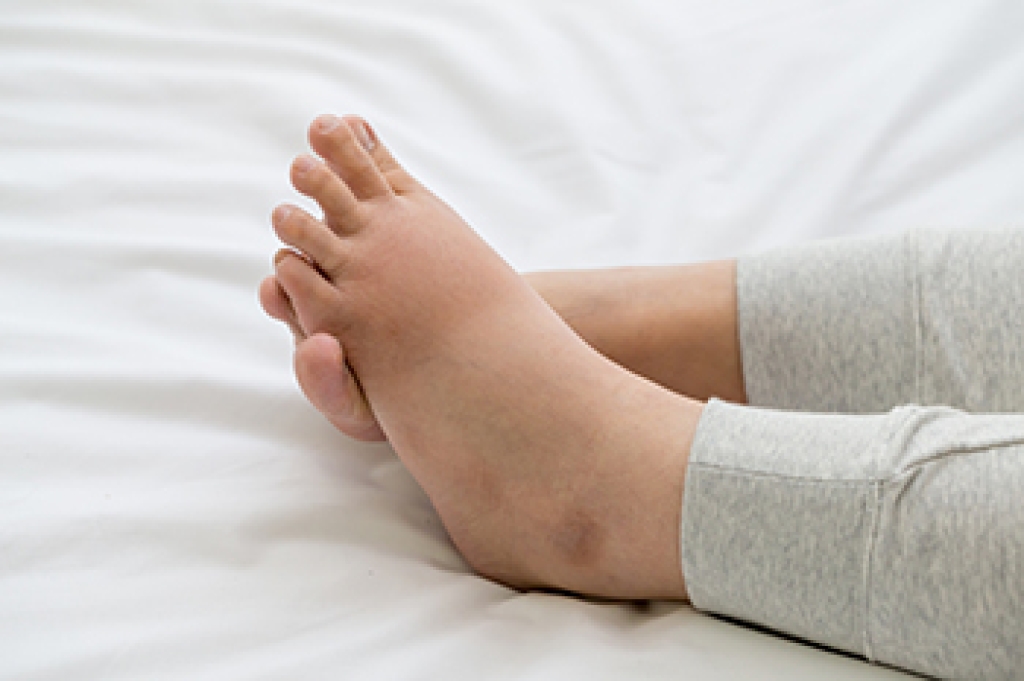
As we journey through life, our bodies undergo a multitude of changes, and our feet are no exception. The feet of the elderly have unique characteristics that reflect the wear and tear of a lifetime. One of the most noticeable features is the gradual flattening of the arches, causing a broader, flatter foot shape. This can result in a greater risk of instability and falls. Skin changes are also common, with thinning skin that is more susceptible to injury and slower healing. Additionally, years of weight-bearing can lead to conditions such as bunions, hammertoes, and arthritis, which may cause pain and reduced mobility. Toenails may thicken, and the risk of fungal infections or ingrown nails increases. Circulation issues, often linked to diabetes or other medical conditions, can further complicate matters. Despite these changes, elderly feet are resilient, and with proper care, they can continue to support a fulfilling, active life. Understanding the characteristics of elderly feet is crucial for maintaining overall health and well-being. If you would like information about proper foot care for elderly people, it is suggested that you contact a podiatrist who can provide you with the knowledge you are seeking.
Proper foot care is something many older adults forget to consider. If you have any concerns about your feet and ankles, contact one of our podiatrists from Waterbury Podiatry Consultants. Our doctors can provide the care you need to keep you pain-free and on your feet.
The Elderly and Their Feet
As we age we start to notice many changes in our body, but the elder population may not notice them right away. Medical conditions may prevent the elderly to take notice of their foot health right away. Poor vision is a lead contributor to not taking action for the elderly.
Common Conditions
- Neuropathy – can reduce feeling in the feet and can hide many life-threatening medical conditions.
- Reduced flexibility – prevents the ability of proper toenail trimming, and foot cleaning. If left untreated, it may lead to further medical issues.
- Foot sores – amongst the older population can be serious before they are discovered. Some of the problematic conditions they may face are:
- Gouging toenails affecting nearby toe
- Shoes that don’t fit properly
- Pressure sores
- Loss of circulation in legs & feet
- Edema & swelling of feet and ankles
Susceptible Infections
Diabetes and poor circulation can cause general loss of sensitivity over the years, turning a simple cut into a serious issue.
If you have any questions, please feel free to contact our offices located in Waterbury and Southington, CT . We offer the newest diagnostic and treatment technologies for all your foot care needs.




